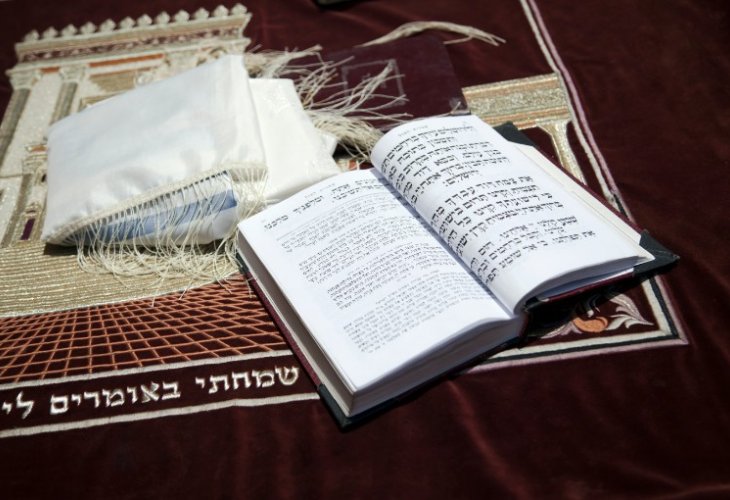Jewish Law
Until When Can You Pray Shacharit?
How to calculate halachic hours, when late prayers still count, and what to do if you missed the proper time for morning prayer

I woke up late. Until what time is it permitted to pray Shacharit?
* * *
The Mishnah and Gemara (Berachot 27a) teach that the proper time for the Shacharit prayer extends until the end of the first four hours of the day.
This means that from the time of sunrise, as listed in halachic calendars, one counts four halachic hours, which make up one-third of the daylight period. After these four hours pass, it is no longer permitted to pray Shacharit ideally.
How to Calculate the Four Hours
The four hours mentioned here are not ordinary clock hours but “sha’ot zmaniot” — proportional (halachic) hours.
To calculate them:
Measure the total daylight period — from sunrise to sunset, and divide it into twelve equal parts.
Each part is considered one halachic hour.
Thus:
In summer, when days are long, each halachic hour is roughly 70 minutes.
In winter, when days are shorter, each halachic hour is closer to 50 minutes.
After Four Hours Have Passed
If one delayed and did not pray until after the four hours had passed since sunrise, he may still pray until midday (chatzot hayom) — which in our times is around 12:40 p.m. (depending on location and season).
However, it is forbidden intentionally to delay prayer until so late.
A person should be careful to always pray within the first four halachic hours after sunrise.
Some authorities rule that if someone deliberately waited past four hours, even though he may still pray until noon, he should make a conditional statement before praying: “If I am still permitted to pray, let this be my Shacharit prayer; but if not, let it be a voluntary prayer.”
Praying Shacharit After Midday
Once midday (chatzot) has passed, one can no longer pray Shacharit.
If this happened due to accident or unavoidable circumstances, he must make up the missed prayer (tashlumim) by reciting an additional Amidah during Mincha.
Although the Mincha prayer itself may not be recited until about half an hour after midday, one should not pray Shacharit after midday, or just before it.
Based on the rulings of Rabbi Ovadia Yosef

